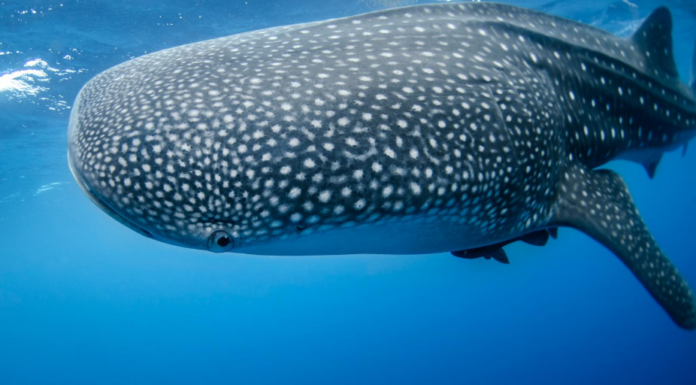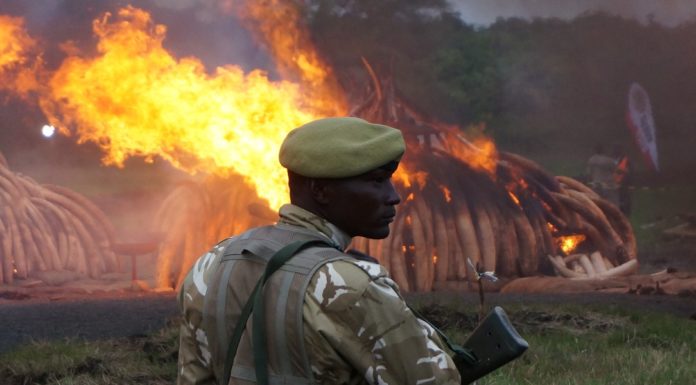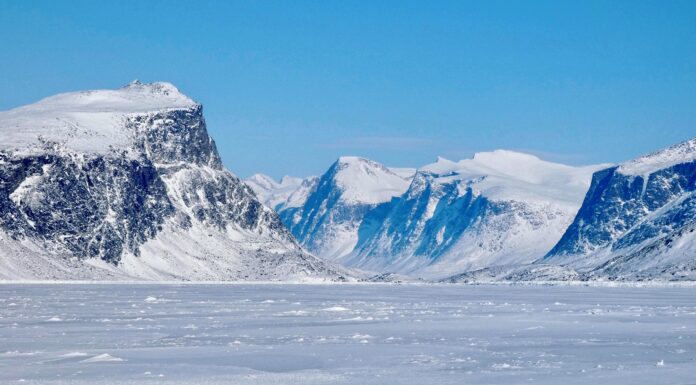Written by: Elizabeth Alberts
Belize, a tiny Central American nation nestled beside the Caribbean Sea, is making giant strides in its ocean conservation efforts. In the short space of a month, the government made two big decisions to help protect...
Written by: Kimberly White
Africa's Great Green Wall Initiative has received a significant funding boost.
During the One Planet Summit for Biodiversity, the initiative garnered financial support from the Government of France, the World Bank, and the African Development Bank. One...
Written by: Kimberly White
The state of Hawaii has made history as the first U.S. state to declare a climate emergency. The state Legislature has passed Senate Resolution SCR44, which declares that the climate emergency is a threat to humanity...
Written by: Kimberly White
Mayor London Breed has announced a new plan to curb San Francisco’s carbon footprint.
On Earth Day, Mayor Breed shared a plan to transition private commercial buildings of 50,000sqft and larger to 100% renewable electricity. The...
Written by: John E. Scanlon
There is no global agreement on wildlife crime, nor any universally agreed definition of wildlife crime.
In the absence of such an agreement, CITES, the Convention on International Trade in Endangered Species of Wild Fauna and Flora, a trade convention created to...
Written by: Kimberly White
Connecticut schools will soon be required to teach students about climate change thanks to a new state law.
The new law requires every school district within the state to teach climate change education in line with the...
Written by: Jeff Berardelli
Alarming heat scorched Siberia on Saturday as the small town of Verkhoyansk (67.5°N latitude) reached 100.4 degrees Fahrenheit, 32 degrees above the normal high temperature. If verified, this is likely the hottest temperature ever recorded in...
Written by: Kimberly White
The Government of Canada has announced a substantial new investment to support Indigenous-led conservation.
The Canadian government will provide up to $340 million in new funding over the next five years to support Indigenous leadership in conservation....
Written by: Stephanie Parker
The worldwide populations of mammals, birds, amphibians, reptiles and fish fell by an average of 68 percent between 1970 and 2016, according to the 2020 Living Planet Report from the World Wildlife Fund (WWF). Ecosystem destruction has led to 1...
Written by: Kimberly White
Vietnam has taken an important step forward in preventing future pandemics. Vietnam Prime Minister Nguyen Xuan Phuc has issued an extensive directive restricting the wildlife trade.
Effective immediately, the directive (29/CT-TTg) bans imports of all wildlife and...












